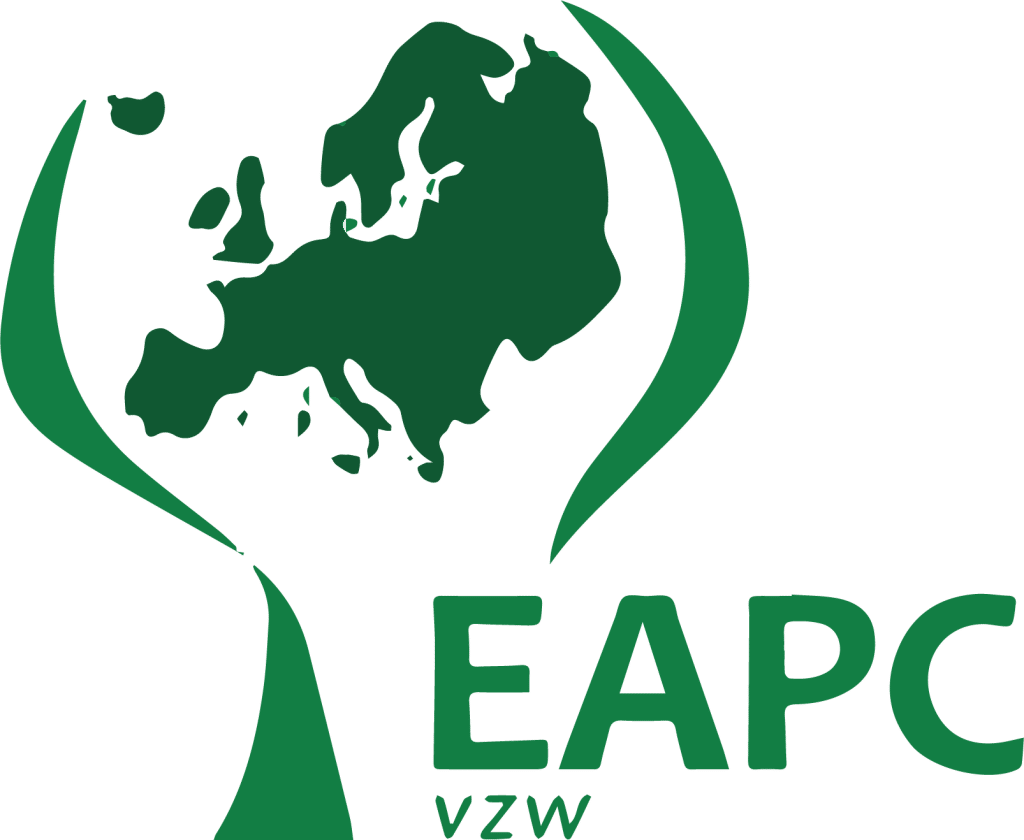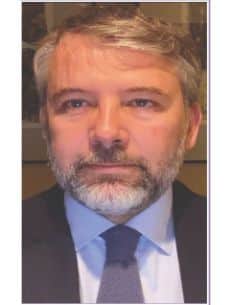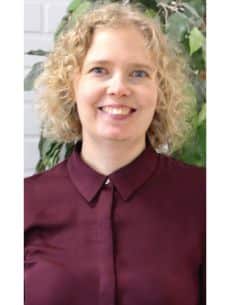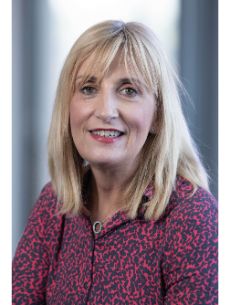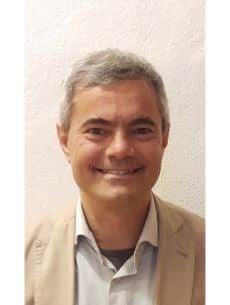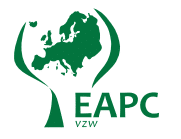EAPC Board of Directors 2023 - 2027
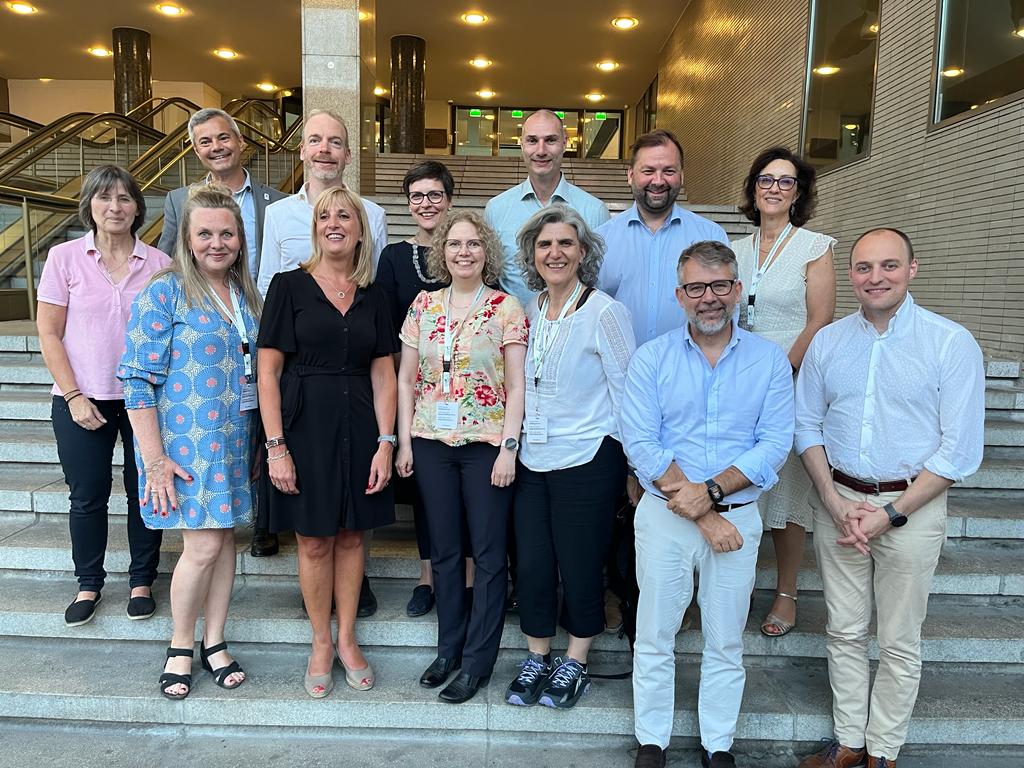
Hover over each of the photographs to find out the Board members profession and who they were nominated by. Click on the image to read their personal mission statement.
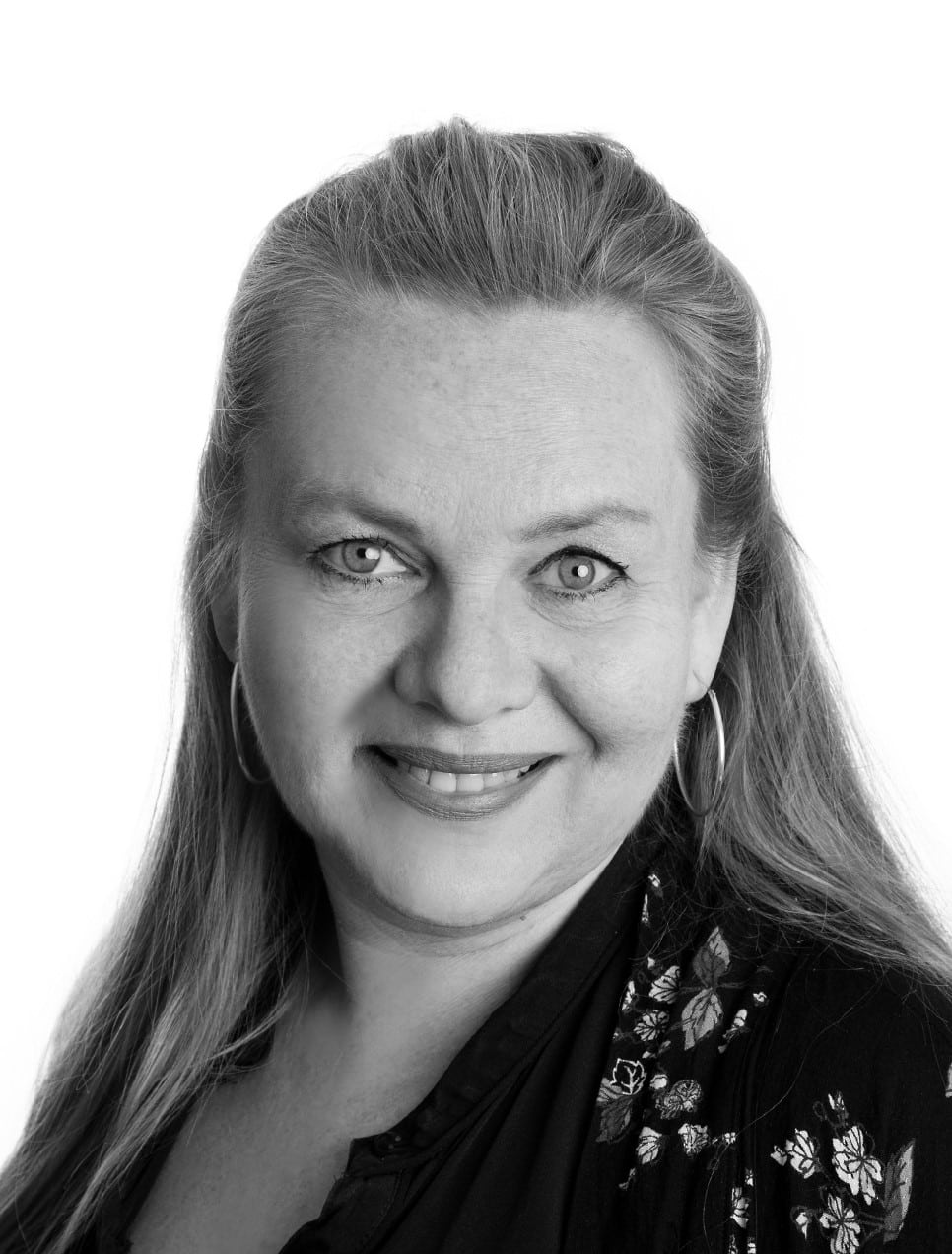
Mette Asbjoern Neergaard
Nominated by: Danish Association for Palliative Medicine
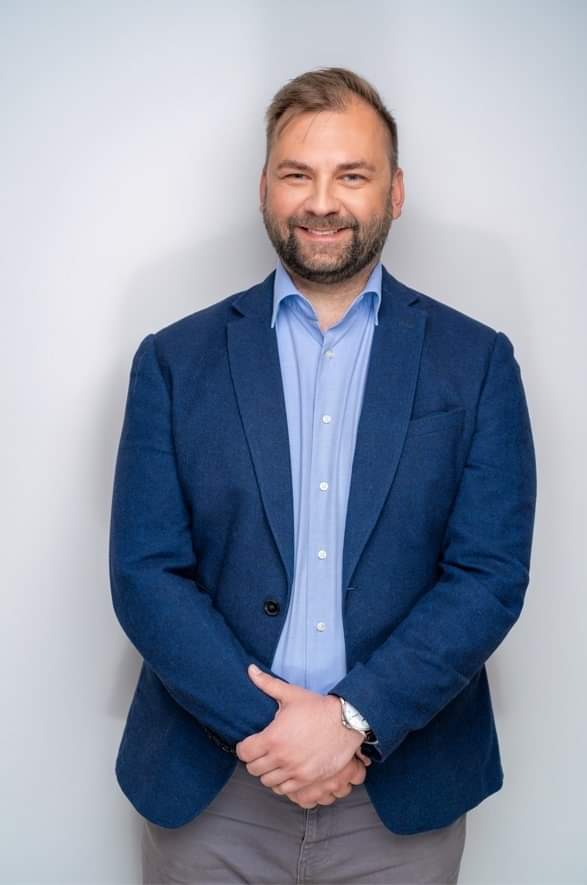
Marius Ciurlionis
Nominated by: 5 Individual EAPC members
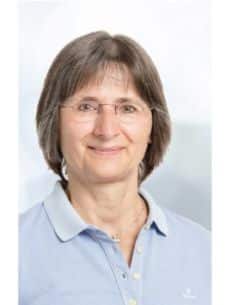
Monica Fliedner
Nominated by: Swiss Society for Palliative Medicine, Nursing and Care
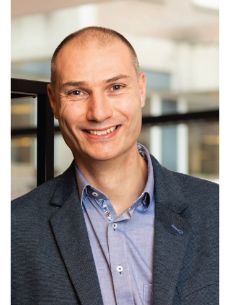
Jeroen Hasselaar (President)
Nominated by: Palliactief
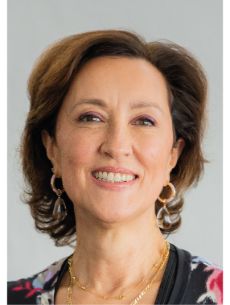
Ana Lacerda
Nominated by: Portuguese Palliative Care Association
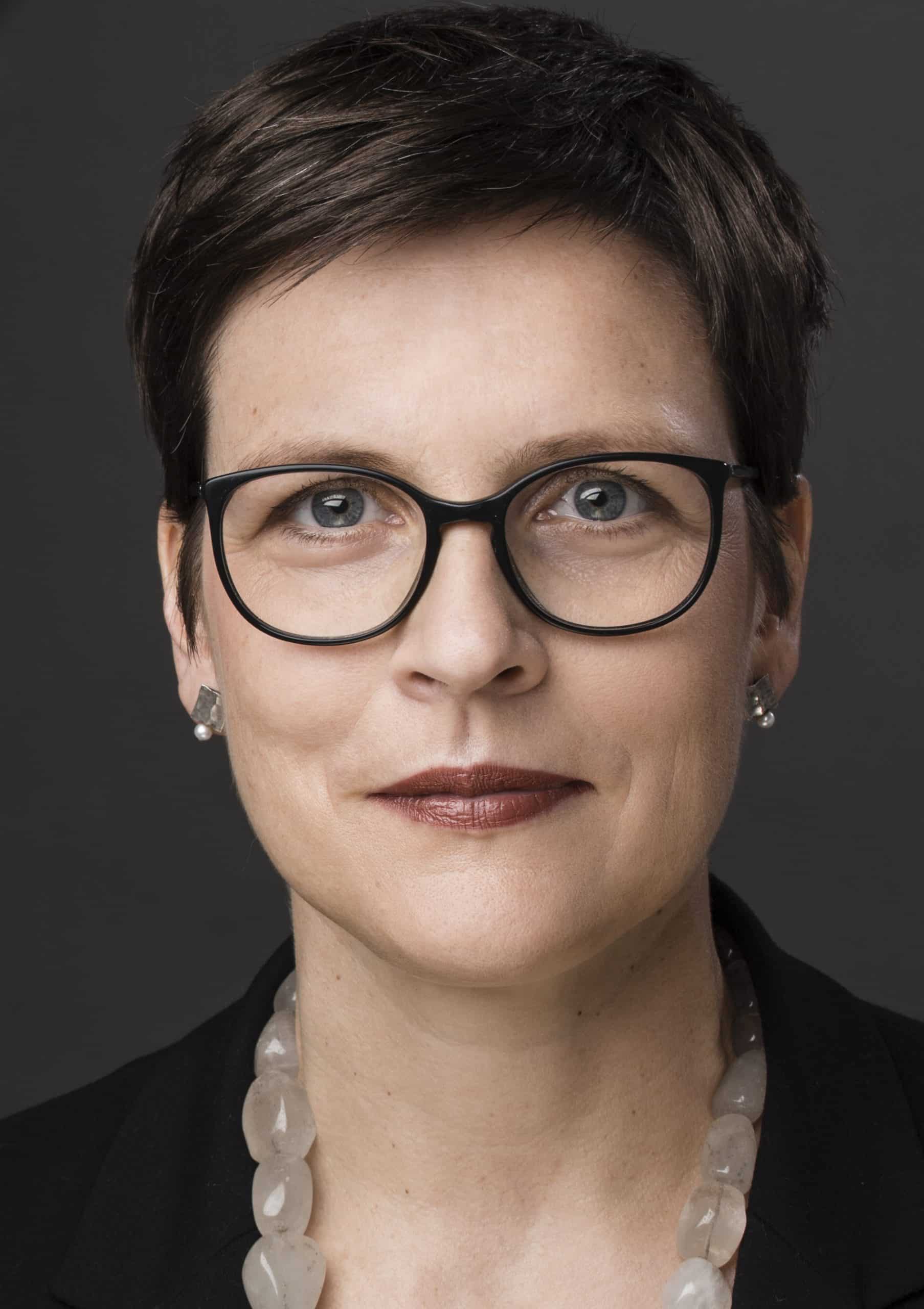
Anne Letsch
Nominated by: German Association of Palliative Medicine
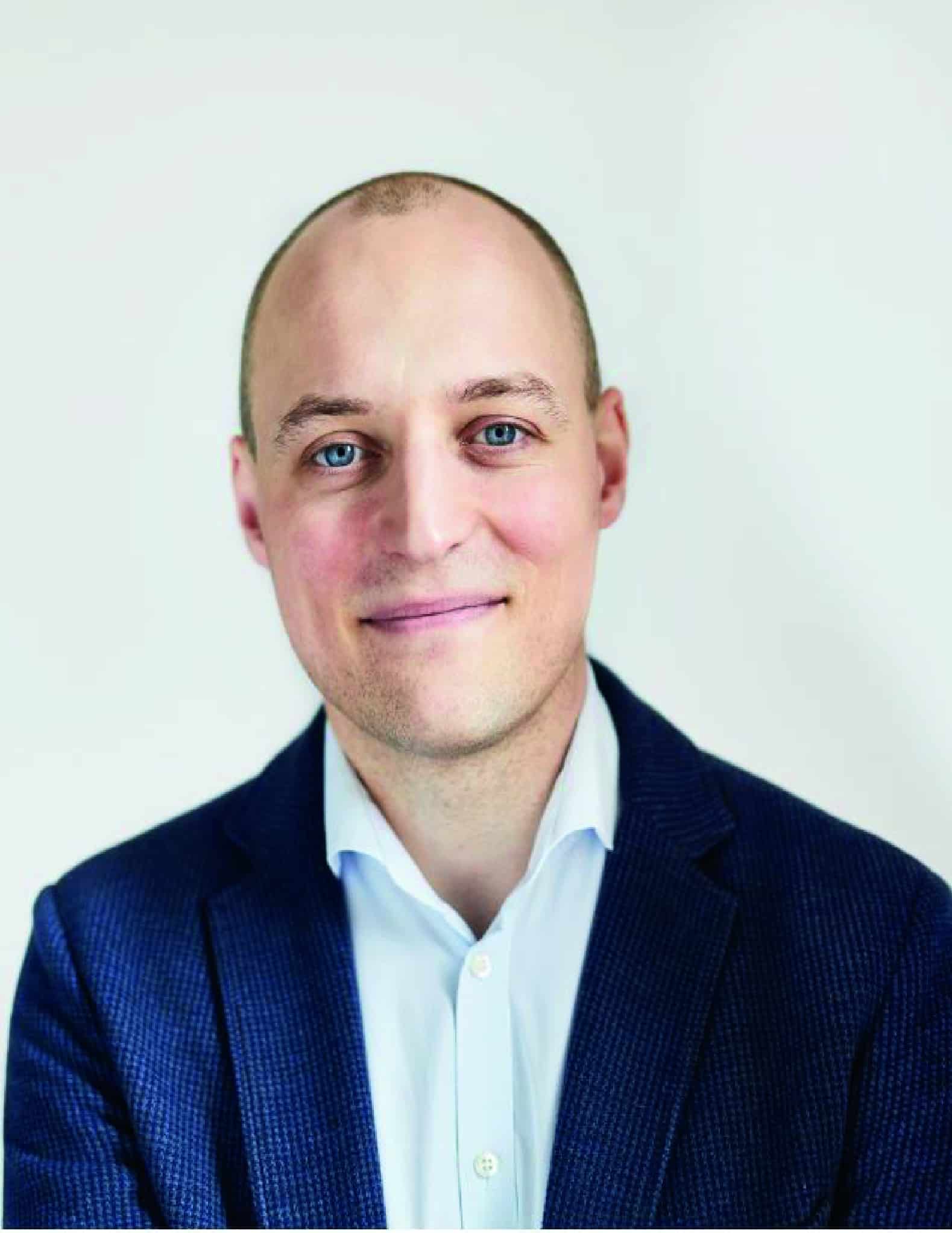
Martin Loučka
Nominated by: Mobile Hospice Forum Czech Republic
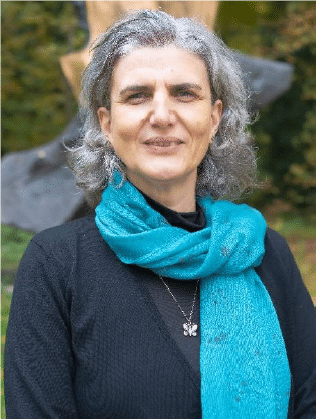
Nicoleta Mitrea
Nominated by: Romanian Association for Palliative Care
Personal Mission Statements from our Board members
Working as a specialised palliative care (PC) physician with both adults and children regardless of diagnosis gives me a meaningful job and guidance for the research I initiate in my palliative professorship.
I discovered the importance of PC in early 90’s where the Danish health-care system barely knew of PC. I was a young medical student and lost my first husband to testicular cancer in 1992. The lack of conversation about death and dying in that trajectory encouraged me to search for a higher meaning in my future career.
26 years as a physician has led me through specialisation as GP, attending Nordic Specialist Course in Palliative Medicine and a PhD concerning PC in primary care and co-operation across sector boarders. Now, for 19 years I have been entirely involved with PC, clinically and research-wise.
Obviously, my family is my main motivator, however, I am also passionately driven by improving PC for those who needs it the most, i.e. economically disadvantaged, patients with pre-existing severe mental illnesses, etc.
If I am elected to the EAPC board, I will work for optimal PC regardless of diagnosis, setting and age – and for equity in PC with a focus on especially vulnerable patients.
Supportive and Palliative Care Physician at Complejo Hospital Universitario Nuestra Señora de Candelaria. SC de Tenerife, Spain
For over twenty years I have had the great privilege of working as a physician with people with advanced illnesses and their families, developing clinical tasks in a multidisciplinary team and participating in both teaching and research. As an actual member of the Board of the Spanish Palliative Care Society, after being responsible for its website, its my current task to coordinate the different working groups.
During this time I have been able to visit various units of excellence in palliative care and especially, since my participation in the Leadership course of the European Palliative Care Academy, I have had the opportunity to discuss with colleagues of different nationalities and backgrounds about the challenges that we must face to improve our ability to help our patients while respecting their diversity and unique needs.
Some of the activities that I consider to be of special interest are: (1) keep raising awareness about our interventions to improve our integration in patient care, (2) the incorporation of novel strategies related to telemedicine that have proven to be beneficial and well received by patients and families, and (3) the search for a collective curriculum that facilitates the development of shared specialized training.
We need to continue advancing with clear and shared objectives that respond to the interests and needs of the members of our society and the patients they serve with commitment.
Adviser on long-term care coordination and implementation at Ministry of Health of The Republic of Lithuania, Vilnius, Lithuania. Lecturer at Vilnius University Faculty of Medicine, Vilnius, Lithuania.
Vision: The transition from centrally planned to patient-oriented health care delivery has gone well for the nations of Eastern Europe and the South Caucasus.
My goal is to concentrate on these regions and assist them in transferring and establishing best practises for palliative care, as well as in developing strong innovation policies and resolving associated difficulties.
That may be accomplished by encouraging sustainable development more generally, which would also involve a shift towards a more patient-oriented strategy. This entails developing communities in which several stakeholders routinely test out novel approaches to value creation and interaction. This, in turn, requires innovation in governance and the role of public policy.
Therefore, as a member of the EAPC board, my objective is to create a forum for policy discussion, the sharing of best practises, and experience; to create guidelines and policy recommendations for decision makers; to offer demand-driven policy consultations; and to engage in activities that build capacity. As it could enable the delivery of high-quality palliative care to everyone who needs it, regardless of their illnesses, age, or situation, as this is only achievable with properly prepared health systems.
Advanced Practice Nurse and Co-Director of the Palliative Care Centre at the University Hospital Bern, Inselspital Bern, Switzerland.
From the beginning of my professional career as a nurse, for many years across different facets of palliative care, my passion and conviction has grown that palliative care must be available not only for cancer patients but for all people with a life-limiting illness. In particular, this is important for people who may be considered marginalised, such as, homeless people, minorities in society, migrants or people in prisons lacking a sufficiently supportive network.
My experience on international level within the European Stem Cell Transplantation Society (EBMT) has shown me how well professionals can collaborate, learn and benefit from different approaches and strategies. The EAPC offers a variety such precious platforms. For those, I can add my experience such as organizing large international events. In addition, due to my strong international network, synergies and connections can help to be created and strengthened. Believing that through my experiences in various countries, but also networking in the field of teaching and research, I could contribute substantially to activities and developments in international work groups, projects etc.in line with the EAPC strategy.
I am a highly motivated clinician and nurse researcher with the capacity to support and shape future strategic advancements at the international level by serving the EAPC community, so that every country can benefit from this work. Joining forces by learning, working and studying together can help us to meet today’s diverse societal challenges. I would welcome the opportunity to part of the future international development of palliative care in Europe and beyond.
http://www.palliativzentrum.insel.ch/de/ueber-uns/team/details/person/detail/monica-fliedner-1
Professor “social empowerment in palliative care”, Radboud University Medical Center Nijmegen, the Netherlands. Department head primary care research, Nivel, Utrecht (Dutch Institute for Health Services Research).
In 2005, I visited my first EAPC congress. It was an overwhelming experience. Many lectures, abstracts, and attendees. Since then I gradually got to know the EAPC better. For example via exciting European research projects where the EAPC was involved. And also by participating in the research and the world congresses. Finally, by serving the EAPC as a board member and vice-president for the past four years. The EAPC has matured over the years from a small voluntary based organization towards a more professional organization and well known European platform for palliative care. EAPC participates in policy forums at a WHO and an EU level, but also connects caregivers and researchers from all over the world in their aim to improve palliative care. The importance of this cannot be underestimated. With members from all over Europe and even beyond, the EAPC continues to support and promote palliative care. To move forward, after the difficult Covid period, with renewed energies, will be an important goal. And to keep on connecting professionals from a multidisciplinary background. We need to approach each other with respect for all cultural backgrounds but also with a common energy to sustain and further build palliative care. If I will be elected for a new term, I wish to contribute to establish the EAPC as a recognizable international organization that connects people who are genuinely and professionally involved in palliative care, in Europe and beyond.
Senior Advisor, Diaconia University of Applied Sciences, Oulu, Finland. Project leader, FinPall-Developing palliative care services in Northern-Finland, Oulu University Hospital, Finland.
When doing my thesis in nursing school, I became passionate about palliative care. The stories from siblings of children with cancer made me realise, how important palliative care is as a holistic approach. Later, as a nurse working in different settings, I experienced the need for the development of palliative care education and services in Finland and became determined to make a difference. Looking back, I think I did.
To be able to advocate for the development, research and education in palliative care I studied two masters and a PhD. Then, as an expert and leader in different (inter)national projects as EduPal and NurseEduPal@Euro (https://www.palliatiivisenkoulutuksenkehittaminen.fi/basic-information-of-the-project/ https://nursedupal.eu/), I contributed to the national recommendations of palliative care services, the development of palliative care education for nurses and physicians, and the creation of innovative educational resources for palliative care.
By electing me, you bring to the board a dedicated, skilled, and experienced palliative care nurse and a researcher with a strong sense of advocacy and leadership, ready to continue to strive for better palliative care competencies and education for all professionals and for the integration of palliative care into the health care system.
Paediatric Oncologist, Department of Child and Adolescent Oncology, Portuguese Institute of Oncology, Lisbon Centre, Portugal.
Attentive to epidemiological and societal changes, palliative care keeps evolving and advancing for both adults and children. Serving on the EAPC Board, I believe I can contribute to this process through my passion and prior experience.
I have worked both at the national and international levels, spanning clinical work to leadership and educational roles, focusing on oncology and palliative care for children and young people. Amongst others, I have been a member of the EAPC Children and Young People Taskforce (now Reference Group) Steering Committee since 2017, chairing it since 2022, and am the inaugural chair of the Palliative Care Working Group at the European Society of Paediatric Oncology (SIOP Europe). I am a believer in the power of networking and creating connections that may not seem so evident at first sight, like young people and older adults, or palliative care and humor, which may contribute to mainstream palliative care. Additionally, my Portuguese background can be an aid to expand palliative care in Sub-Saharan African countries. We must work together, explore together, learn together and unwind together if we are to ultimately attain our common goal – to improve access to palliative care for all in need.
Consultant Medical Oncologist and Palliative Cancer Care and head of the Cancer Center at the University Hospital Schleswig Holstein, Kiel, Germany.
It is great honour and pleasure for me to be nominated by the German Society for Palliative Medicine (DGP) in order to promote and expand the consistent connection to the EAPC.
In 2019 I had the wonderful once-in-a-lifetime experience as co-chair of the scientific committee and local chair of the 16th EAPC World Congress in Berlin and I’m very thankful for the chance to work closely with the EAPC in preparation for this challenging event and to interact with people from different cultural and national backgrounds within the colourful and diverse international palliative care community.
I’m impressed how the EAPC developed in the time since and emerged from the pandemic crisis stronger than before. In case I would be elected I will dedicate my energy to foster the international cooperation of the EAPC, increase it’s visibility, make It’s voice heard, build bridges and develop modern palliative care concepts together with other organizations in diverse health care and societal areas.
In my daily work as head of the University Cancer Center in Kiel and in several policy advisory roles my vision is the standardized integration of palliative care as integral part of person-centered health care with equitable access. In order to ensure high quality palliative care of multidisciplinary teams I will contribute my knowledge to increase innovative research concepts, high quality clinical trials and the use of big data to enhance palliative care concepts and policies across the globe.
Assistant Professor in Medical Psychology, Director of The Center for Palliative Care Prague, Czech Republic. Psychologist, Department of Palliative Care, Thomayer University Hospital, Prague.
I had the privilege to serve as a board member over the last period of 2019 – 2023. It has been a
challenging period for the EAPC when the board had to deal with covid-19 and other unexpected
situations. I dare to say that this experience taught me a lot about the value of communication,
trust, and cooperation that is required from board members to navigate the European association such as EAPC through challenging times. I am also grateful for the opportunity to work with several task forces and reference groups and for the chance to being involved in the preparation of the EAPC congresses.
If elected, I would like to support more frequent and mutual communication between the board and the members / national associations. I would also like to continue working with the EAPC task forces and supporting the further development of infrastructure that can help their missions. I am very excited about the EAPC being so successful in taking part in European research (and many thanks here go to the amazing EAPC staff). I would like to help the board in further development of necessary policies and processes to expand and excel in this role. Finally, I would like to see the EAPC being more interlinked with other medical and professional associations.
Dean of Doctoral College/Professor of Nursing and Palliative Care at Ulster University, Northern Ireland.
It was in over twenty years ago, when I was working as a district nurse, that I started to question the important contribution of palliative care for patients being cared for at home. I could clearly see, different examples of both good and not so good quality care and this led me to question, what were the factors that contributed to this? I could see that timely, appropriate access to symptom management, a multidisciplinary team, comprised of both generalist and specialists, could really make a difference to the quality of life and death for people and their families. This passion, to seek to enhance the quality of life and death for patients and their families, remains central to my interest and work in palliative care today.
I am a Professor of Nursing and Palliative Care and Dean of the Doctoral College at Ulster University. My work is comprised of four key elements; researcher; teacher, practitioner, and leader. I am passionate about the importance of asking research questions, generating evidence, using robust evidence to develop practice and improve care. If re-elected, I would continue to contribute towards developing and promoting palliative care in Europe, seeking to enhance the quality of life and death for patients and their families.
Director of Nursing Practice, Education and Research, HOSPICE Casa Sperantei, Brasov, Romania. Senior lecturer, Transilvania University, Medical Faculty – Nursing Division, Brașov, Romania.
“If you want to walk fast, walk alone; if you want to walk far, walk together.” (African proverb)
Reaching out to ALL in need for palliative care can become REALITY through the power of collaboration, of working together, and multiply the good that we are capable of.
Under the umbrella of EAPC’s vision, I choose to be an active and positive influence for mobilizing communities of professionals, of stakeholders, of academics and educators, of patients’ advocates, for changing the approach that health care systems have towered palliative care.
Moreover, I believe in the unique value of multi-professional Palliative Care teams that make our work a sacred work when functioning in synergy, promoting high professional competence, self-awareness and accountability, respect for one another.
Clinical Director, Consultant Physician & Professor in Palliative Medicine, Velindre University NHS Trust and Cardiff University School of Medicine, Wales.
At a recent palliative care conference in Portugal, I gave a talk about language barriers and how to overcome them. Europe has so many interesting and diverse languages, and if you speak and write in some of them, you can notice the deficiencies and strengths in each, especially in jobs like ours. “It’s raining cats and dogs” is quite a unique saying, and not easily translated. Whereas in German palliative care settings, you know you are in for a long day’s work if relatives ask you to speak to the Donaudampfschiffahrtsgesellschaftskapitän, in order to organise that last boat cruise for a patient. During the (very international) conference lecture Q&A in Lisbon, I spoke about a patient I saw in France a few years ago; I was working on a placement in the Hôpital Hôtel-Dieu in Paris. I worked on the surgical ward there, together with a few French ‘externes’ – fifth- and sixth year medical students doing practical placements on the wards.
Crèver
He was a 56-year old Moroccan man. An adenocarcinoma of the pancreas and had been diagnosed, and he had been deteriorating quite rapidly over the past two weeks. I was with him one day, taking some blood for testing. Having struck up a conversation with him, he told me he had a wife and three daughters. He was worried about what would happen when he was gone. We talked for a while and before I left to send off the blood samples, he looked at me and said, ‘Je ne veux pas crèver’.
I told one of the externes of this later, suspecting, but not entirely sure what the patient had meant by the word ‘crèver’. The student explained that this was a way to describe a very undignified, horrible death – the worst form of death imaginable! I don’t think I will ever forget this encounter, as it gave such a descriptive insight into this patient’s raw and pure fear of death, and the way he thought he was going to experience his last days. When I went back and spoke to him in French, we touched on many of the topics I still routinely talk about today, in my job as a palliative care doctor.
Meaning
When I was writing up my experiences for the university at the end of my placement, I found I was at a loss to translate directly the word the patient had used. So were the French and British medics I knew, some of them bilingual. There did not seem to be a single verb in the English language that directly described what this man had tried to express at the time – the fact that he did not want to die a horrible death. I had a look in several French–English dictionaries. Two did not list the word at all. The third listed ‘crèver’ as a colloquial verb. An animal, it said, could ‘die, perish’ and a person could ‘peg out’ or ‘kick the bucket’. None of these translations seemed to even approach the impact of the word this man had used, in fact I felt some had too humorous a slant, when this man had actually been very serious. ‘Perish’ was not the sort of word I would expect a British patient to use in spoken language.
When I looked up the corresponding German word, ‘krepieren’, it said that this word was thought to have been coined during the Thirty Years’ War, as translated it also means ‘to burst into bits’. In fact, the German language has at least two other serious contenders to describe a bad death: ‘verrecken’ and ‘verenden’. Italians can draw upon the word ‘crepare’. ‘Crepo’ or ‘crepare’ are classic Latin and mean to make a crunching noise (crepitations); in new Latin it means to burst or explode. ‘Crève-coeur’ in French means heartbreak and a ‘crèvard’ is someone awaiting execution. At the Portuguese palliative care conference, everyone knew what I meant when I used the word ‘crepare’.
Code
Why is this important? Language acts as a code, and we are constantly decoding for meaning. But the codes to be able to describe certain states of being need to exist. Slang and colloquialisms – even forceful and unpleasant ones – are vitally important for our patients to express themselves. My mission statement is perhaps differento the usual platitudes that are spoken about death. I feel I can be a bridge, linguistically, to the many barriers that communication can pose. As a European working in other countries, I have never really been inhibited by language, but knowing what may be missing from the available vocabulary can be very helpful, especially when someone is lost for finding the right words- even if they are harsh and brutal. Let the EAPC be the best translator there can be, for palliative care worldwide!
Palliative Care Physician and Researcher, Fondazione Faro, Torino, Italy.
For 25 years I have been a palliative care physician, but I feel my commitment started earlier- even before graduating in 1996. I volunteered in a family home hosting young adults dying from HIV-AIDS in 1994, when, at that time, there was no available cure for the disease and we had an average of 2-3 death per week at the home. No-one knew about palliative care, but that’s exactly what we were doing. After my first degree in medicine it was wonderful for me to realise that there was a charity providing the same kind of care for patients dying of cancer, and that it was a proper job – at the Turin palliative care facility Fondazione FARO. I started my career there in 1998 as a junior palliative care doctor and had the chance to enhance my knowledge of our discipline by getting a MSc in palliative care in my city and then a PhD at the University of Kent (UK) with Prof David Oliver as supervisor. My thesis was on palliative care for people affected by neurodegenerative conditions and this remains a key focus for my life.
After my PhD I added research to my clinical job and soon became head of research at FARO. Since then I have been elected to the Board of the Italian Society for Palliative Care (SICP) and I am now the Secretary, and I chair its Scientific Committee.
At international level I have the pleasure of being a member of the management group of the Reference Group for Neurology of the EAPC, I am the Co-Chair of the Specialist Panel for Palliative Care of the European Academy of Neurology (EAN) and I am member of the Clinical Committee of the International NeuroPalliative Care Society (INPCS).
I was privileged to be part of the Scientific Committee of the EAPC 17th World Congress that was planned to be held in Helsinki in 2020 but was online, due to the COVID pandemic.
Another focus of interest is in outcome measures in palliative care. I translated and adapted in Italian the IPOS, and I am involved in the implementation of the OACC (Outcome Assessment and Complexity Collaborative) suite of measure at national level. I am also interested in advance care planning in palliative care, specifically for people affected by neurological diseases.
I have collaborated with other specialties in research projects and clinical practice. I helped develop palliative care for people with neurological disorders in Italy, I am co-author of the EAN guidelines for palliative care in patients with advanced MS and I am actively involved in the care of patients with ALS/MND, Parkinson and related disorders, advanced lung disease and dementia.
Teaching palliative care is another loved part of my job. I am lecturing in several Italian Universities, from undergraduates to master courses, on topics such as general palliative care, prognostication and identification tools, palliative care in neurology, outcome measures and research methods. I have been involved in webinars both for the EAPC and the EAN.
As for my personal life I am a happy husband to my wife Maria and we have been blessed with 7 children that are growing and blossoming, filling our lives with joy.
If I am elected in the next EAPC board I would like to strengthen the relationship between the EACP and people who are suffering, independently by the underlying condition or closeness to death. We need to push for palliative care throughout the progression of diseases. It is essential to enable people to have as good a quality of life as possible. This is important as death approaches but we should be able to help people at earlier stages and enable them to find more and different ways to help them to live well . We all know that palliative care improves quality of life and therefore we promote and advocate for palliative care so that it becomes accessible for all.
Laudato sie, mi’ Signore cum tucte le Tue creature (Francis of Assisi). Be praised, my Lord, through all your creatures, above all the frailest ones.
